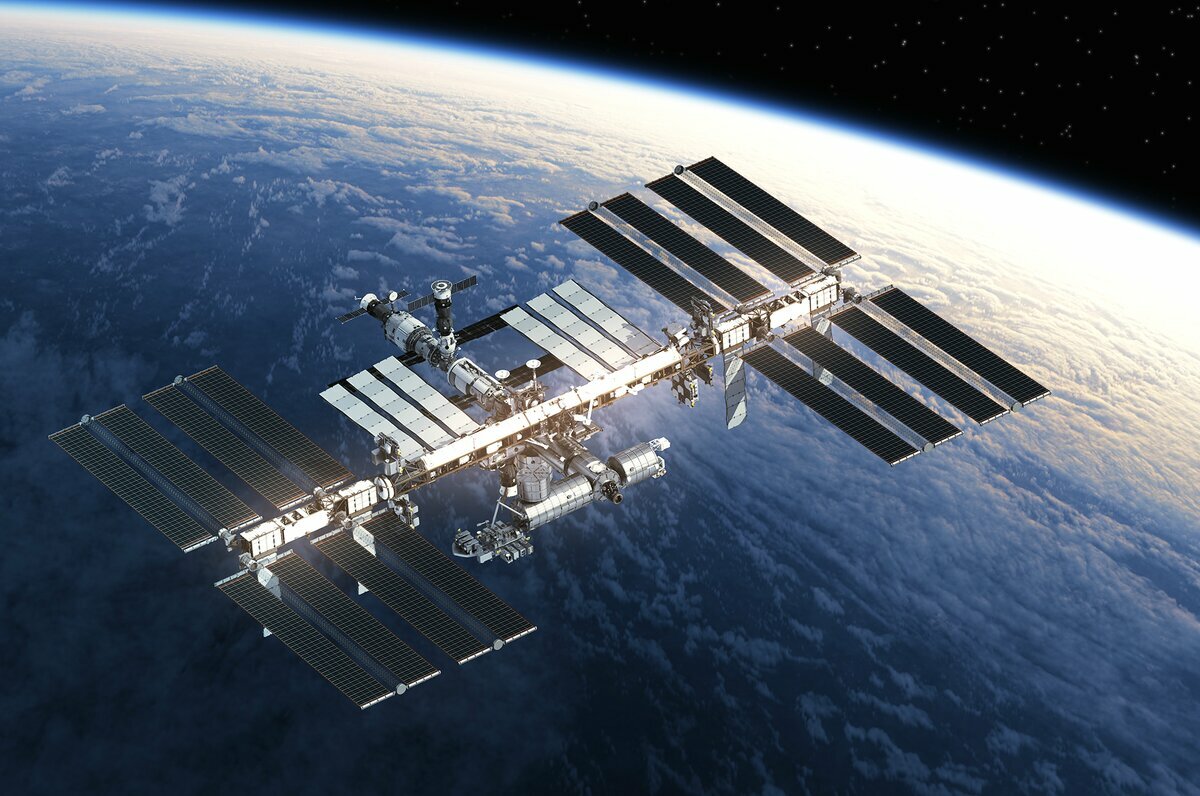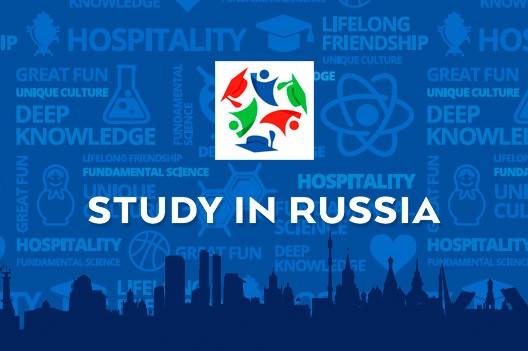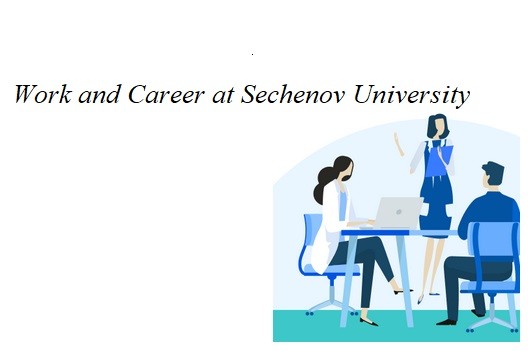- Абитуриенту
-
Обучающемуся
- Я – профессионал
- Локальные нормативные акты
- Образовательные программы
- Стоимость обучения
- Университет - обучающемуся
- Центр карьеры
- Учебный центр по маркировке
- Учеба и наука
- Школы мастерства
- Комфортная среда обучения
- Образовательные стандарты
- Стипендии и материальная поддержка
- Вакантные места
- Общежития
- Сотруднику
- Аккредитация специалистов
-
About University
- Mission & Brand Strategy
- University Leadership
- Rector's Welcome
- History
- Regulatory Documents
- Contacts
- Staff
- International Recruitment
- Partners
Applicants- Why Sechenov University
- Degree Programmes in English
- Preparatory Courses
- Non-Degree Programmes
- Transfer from other Institutions
08.04.2022Sechenov University investigates samples from ISS
 Researchers at the Institute for Regenerative Medicine (Sechenov University) have started to analyse the biological samples that have been in space for 13 days.
Researchers at the Institute for Regenerative Medicine (Sechenov University) have started to analyse the biological samples that have been in space for 13 days.
Human stem cells were stored in the special MSK-2 bioreactor aboard the Russian segment of the International Space Station (ISS). The experiment sought to find the optimal parameters — which could be used in future space missions — for creating models of human bone and cartilage tissue.
Growing cells outside a living organism helps researchers better understand cell growth and development — not just for scientific experiments, but also for medical practice.
“Human stem cells, which we use in our space experiments, are the precursors of all cell types in the body, and they are very interesting to medicine,” said Natalia Chepelova, Junior Research Fellow at the Institute for Regenerative Medicine. “First of all, it is a promising material from which different types of tissues can be obtained for implementation into clinical practice. In this experiment, we wanted to produce models of bone and cartilage tissue, because this tissue is the first to undergo changes in cosmonauts in weightlessness. The cultivation of stem cells on Earth and in space is significantly different due to the influence of spaceflight factors. When studying the cells which have returned from the ISS, we will discover their unique properties that could be utilised in the future for the creation of artificial organs.”
Microgravity — which is applied to the cells on board the ISS — also facilitates the development of experimental in vitro models of diseases that simply cannot be simulated on Earth. It opens unprecedented opportunities for breakthrough research.
“After creating models of bone and cartilage tissue based on collagen matrix and stem cells, we will subsequently study the processes occurring in them under microgravity conditions,” said Artem Antoshin, Junior Research Fellow at the Institute for Regenerative Medicine. “We will be able to select biologically active substances that can prevent the development of degenerative processes, as well as improve the regeneration of human bone and cartilage tissue. The studies of the processes which occur in these tissue models in microgravity will give us new opportunities for the treatment of degenerative diseases, including osteoarthritis and osteoporosis.”
Five years ago, Sechenov University received a license from Russia’s State Space Corporation “Roscosmos” to conduct research in space. Sechenov University — together with the research and production enterprise NPP BioTechSys — created a special bioreactor that provides conditions for the survival and growth of various types of mammalian cells in space. In 2020, the bioreactor with cells was tested on board the ISS for the first time. Researchers investigated whether the cells could develop in weightlessness in the same way as on Earth, how they would survive during a long flight, and which factors could affect their functional state.
Embed on website
Sechenov University investigates samples from ISS
 Researchers at the Institute for Regenerative Medicine (Sechenov University) have started to analyse the biological samples that have been in space for 13 days.
Researchers at the Institute for Regenerative Medicine (Sechenov University) have started to analyse the biological samples that have been in space for 13 days.
Human stem cells were stored in the special MSK-2 bioreactor aboard the Russian segment of the International Space Station (ISS). The experiment sought to find the optimal parameters — which could be used in future space missions — for creating models of human bone and cartilage tissue.
Growing cells outside a living organism helps researchers better understand cell growth and development — not just for scientific experiments, but also for medical practice.
“Human stem cells, which we use in our space experiments, are the precursors of all cell types in the body, and they are very interesting to medicine,” said Natalia Chepelova, Junior Research Fellow at the Institute for Regenerative Medicine. “First of all, it is a promising material from which different types of tissues can be obtained for implementation into clinical practice. In this experiment, we wanted to produce models of bone and cartilage tissue, because this tissue is the first to undergo changes in cosmonauts in weightlessness. The cultivation of stem cells on Earth and in space is significantly different due to the influence of spaceflight factors. When studying the cells which have returned from the ISS, we will discover their unique properties that could be utilised in the future for the creation of artificial organs.”
Microgravity — which is applied to the cells on board the ISS — also facilitates the development of experimental in vitro models of diseases that simply cannot be simulated on Earth. It opens unprecedented opportunities for breakthrough research.
“After creating models of bone and cartilage tissue based on collagen matrix and stem cells, we will subsequently study the processes occurring in them under microgravity conditions,” said Artem Antoshin, Junior Research Fellow at the Institute for Regenerative Medicine. “We will be able to select biologically active substances that can prevent the development of degenerative processes, as well as improve the regeneration of human bone and cartilage tissue. The studies of the processes which occur in these tissue models in microgravity will give us new opportunities for the treatment of degenerative diseases, including osteoarthritis and osteoporosis.”
Five years ago, Sechenov University received a license from Russia’s State Space Corporation “Roscosmos” to conduct research in space. Sechenov University — together with the research and production enterprise NPP BioTechSys — created a special bioreactor that provides conditions for the survival and growth of various types of mammalian cells in space. In 2020, the bioreactor with cells was tested on board the ISS for the first time. Researchers investigated whether the cells could develop in weightlessness in the same way as on Earth, how they would survive during a long flight, and which factors could affect their functional state.



